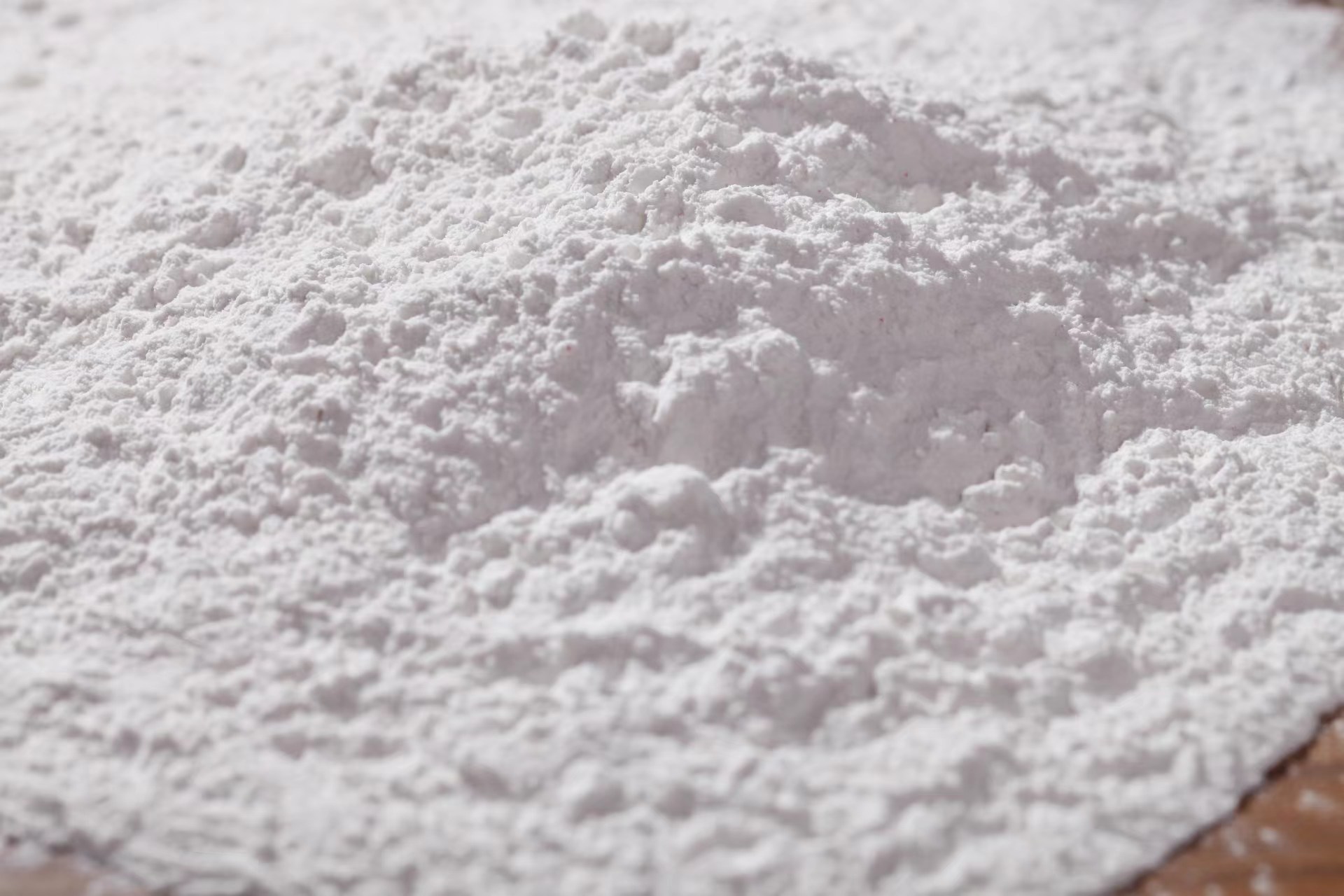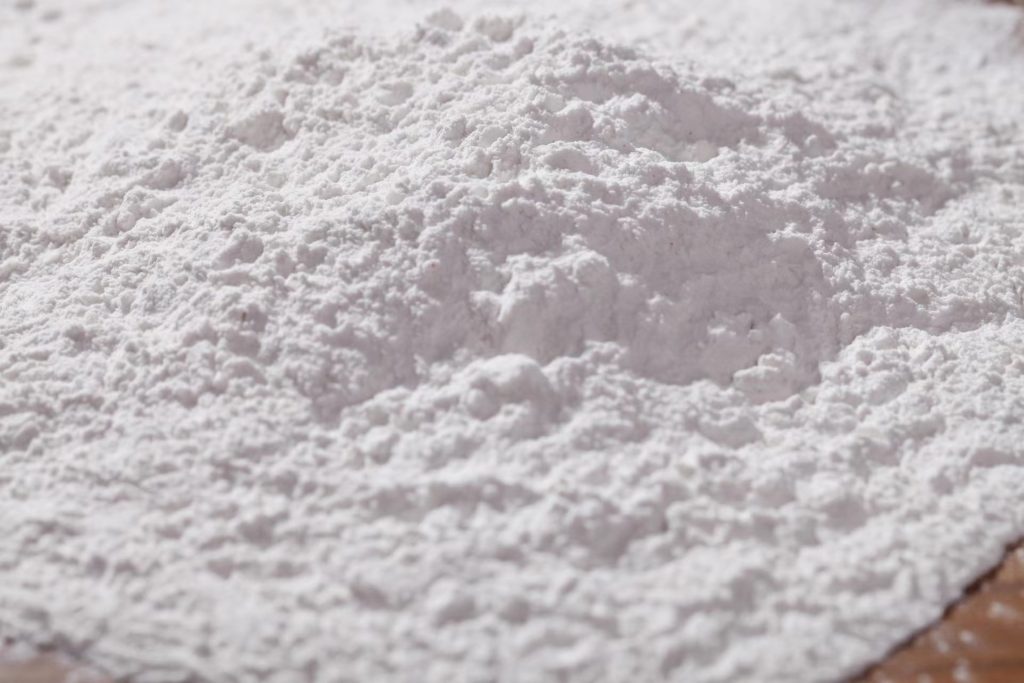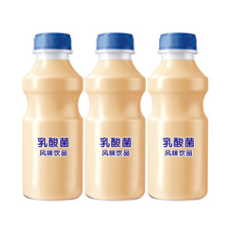
Colloid microcrystalline cellulose is a mixture of microcrystalline cellulose derived from wood pulp dispersed in CMC (sodium carboxymethyl cellulose) or xanthan gum. It is mainly used to improve the texture of beverages, dairy products, baking, and other food products, and plays a role in emulsifying and stabilizing.

USP/NF:Microcrystalline Cellulose and Carboxymethylcellulose Sodium
Byname:cellulose,microcrystalline cellulose 802 etc
Appearance:white powder,no other taste.
PH:5.0-7.5
Chloride:<0.03
Water soluble matter,%:<0.2
Fitness: 60 mesh<1.0 200 mesh<30.0,different types,different meshes
Conductivity μS/cm:<75
Loss on drying,w/%:<7.0
Residue on ignition:<0.1
Heavy Metal,%:<0.001
Arsenic,%:<0.0002
1.Unique suspension, thickening, and emulsification mechanisms
2.Highly compatible with other components
3.Dispersible in cold water
4.thermal stability
5.Suitable for various pH values
6.Excellent texture modifier
7.A three-dimensional structure is formed after proper dispersion. MCC particles diffuse and form a network of stable systems
8.The gel formed by colloidal microcrystalline cellulose in water has the function of space barrier, and the gel strength is low, so it can be used as the gelling agent, stabilizer, anti caking agent and suspension agent of beverages, to solve the problems of uneven dispersion or unstable dispersion that often occur in various instant drinks at present, and improve the stability of liquids. In addition, colloidal microcrystalline cellulose has the effect of preventing the powder of instant drinks (such as chocolate powder, cocoa powder, etc.) from being caked, because microcrystalline cellulose can stabilize the powder particles in the network structure formed by it, thereby having a good stabilizing effect on instant drinks.

In terms of applications, colloid microcrystalline cellulose is used in a wide range of industries, such as the food, pharmaceutical, and cosmetic industries. In the food industry, colloid microcrystalline cellulose is used as an emulsifier, stabilizer, and thickener in products such as ice cream, yogurts, and sauces. In pharmaceuticals, it is used as a binder and an excipient in tablets and capsules. In cosmetics, CMC is used as a thickener and emulsifier in lotions and creams.
Colloid microcrystalline cellulose has a number of advantages as an ingredient. It is non-toxic and non-allergenic, and it has excellent water-binding and emulsifying properties. It is also a good stabilizer and thickener, and it has a high degree of solubility in water.